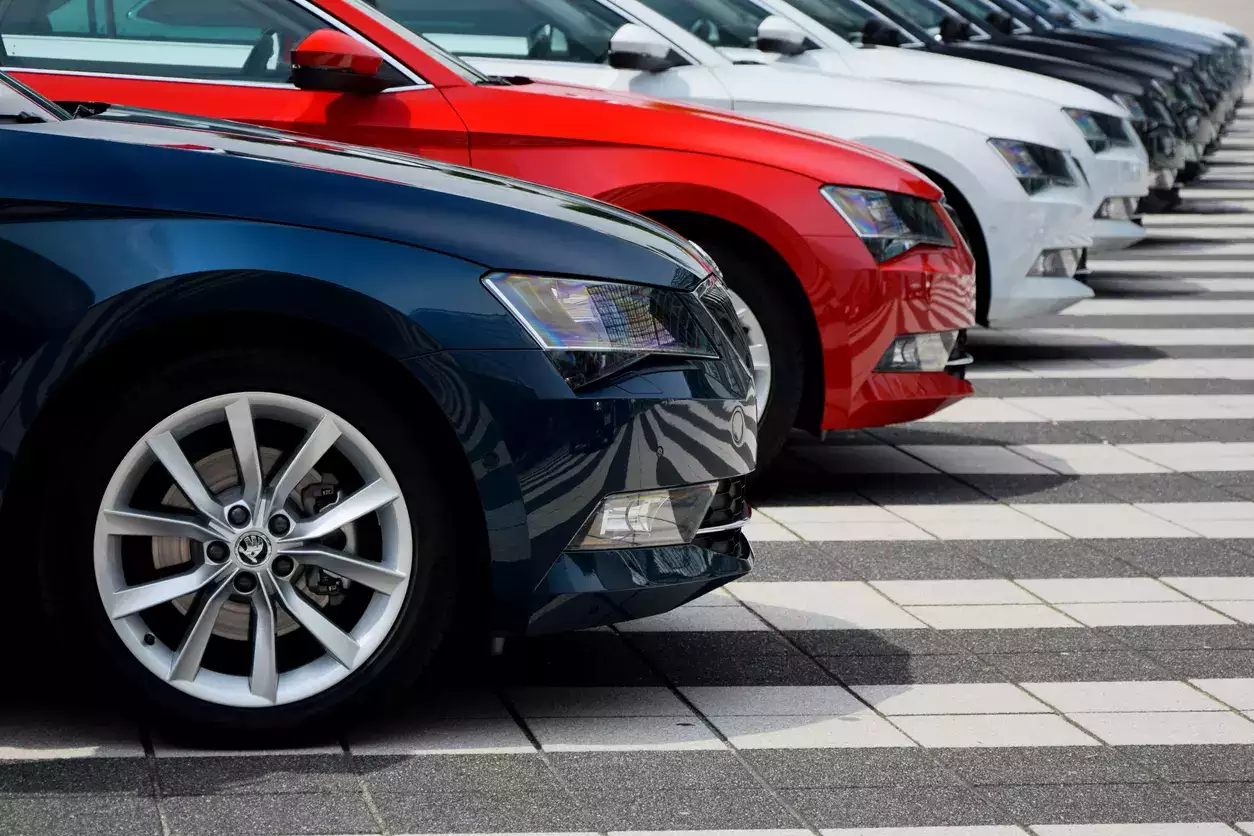
But the next big development followed in just three months with the performance-focused Creta N Line variant hitting the roads in March. Now, an electric version is scheduled for later this fiscal. Leading manufacturers of cars, smartphones, and consumer electronics are all rolling out upgrades, facelifts and newer versions of their flagship models faster than ever before, driven by the largely young consumers’ crave for latest innovations and trends, as well as the need to push sales growth that has been muted in most of these categories for almost four years now. They are also aided by relentless technological advancements that make it easier, faster and cost-effective to make design changes and produce new variants, industry executives said.
Take the case of Samsung’s flagship Galaxy S24 Ultra smartphone launched in January. On Friday, the country’s largest smartphone manufacturer refreshed the portfolio with a new variant in yellow colour. Industry executives said the shelf life of cars, smartphones, televisions and refrigerators has come down post Covid-19. The shelf life for cars is down to 3-5 years now from 6-7 years earlier while for smartphones it’s down to about 18-20 months from 25-28 months earlier, as per industry estimates. Smartphone makers also refresh their portfolio with cosmetic changes every 3-5 months.
For appliances, the life cycle is down to 11-12 months from about 15-18 months, as per industry estimates. The goal is to quickly roll out newer technologies, create a new “talking point” in the product, and most importantly, boost any flagging sales, industry executives said.
Hardeep Singh Brar, senior VP and head of sales and marketing at Kia India, said the reduction in car product life cycles to 3-5 years reflects a fast-evolving automotive landscape. “The primary reason is the evolving nature of consumers who expect more frequent updates and introduction of technological advancements, prompting automakers to innovate rapidly,” he said.
“This shift is also influenced by advancements in manufacturing technologies, which enable quicker design iterations and cost-effective production of new models.” Brar said intense market competition compels automakers to stay ahead with refreshed offerings that appeal to modern preferences and regulatory requirements. That’s a fact echoed by senior executives in the electronics industry.
“It’s not just about durability now, but brands are launching new models across categories, trying to entice customers with new user interface and features,” said Pulkit Baid, director at electronics retail chain Great Eastern Retail.
Sales of hatchbacks have been severely impacted since Covid, while sales are muted for entry- to mid-segment smartphones, televisions and appliances with consumers holding on to their existing products for a longer period amid high inflation in food, groceries and other everyday products. “Smartphone model replacement by companies has come down,” said Raju Pullan, head of mobile business at Samsung India. “Companies are also refreshing models frequently with a new colour or memory variant. This is to create some excitement in the market and a demand pull,” he said.
But do such facelifts help consumers? Madhav Sheth, a poster boy of the smartphone industry, candidly said no — at least in the case of smartphones. “It’s a deceptive tactic that only serves to confuse and mislead customers,” said Sheth, CEO of HTech that sells Honor smartphones.
Disclaimer: The copyright of this article belongs to the original author. Reposting this article is solely for the purpose of information dissemination and does not constitute any investment advice. If there is any infringement, please contact us immediately. We will make corrections or deletions as necessary. Thank you.





